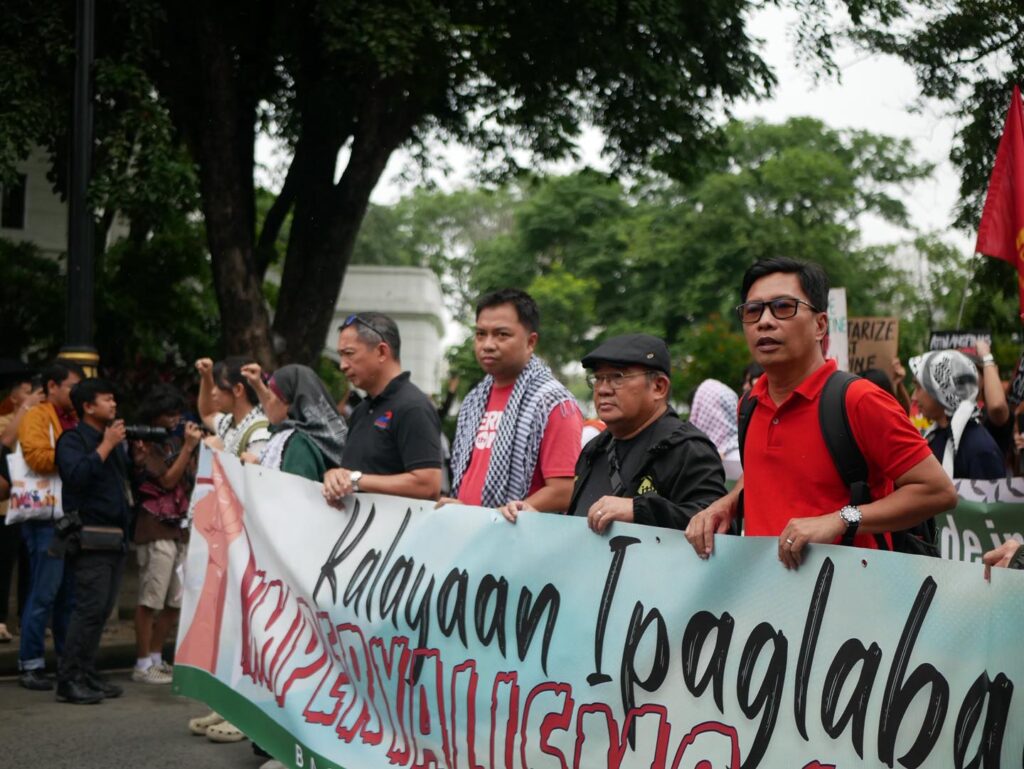
This June 12, as the Philippines commemorates its Independence Day from centuries of colonial control, we must confront a bitter reality: the country may have formally declared independence in 1898 and 1946, but political, economic, and military control by foreign powers, especially by the United States, never truly let go of the wheel.
The legacy of US imperialism in the Philippines is an ongoing crisis etched into the daily lives of the Filipino people. Among the most visible victims are the small-capacity public transport workers—drivers and small operators of jeepneys, tricycles, UV Express; and platform drivers—whose livelihoods have been gutted by policies that continue to serve foreign interests and local elites over the people.
After the bloody Philippine-American War in 1902, the US did not simply military control of the new “republic”. It also reshaped our economy, our governance, and our transportation system and infrastructure to serve imperial needs. Fast-forward to the present day, we see more of the same. US “aid” and trade agreements have consistently undermined domestic development and industrialization, entrenching dependency rather than dismantling it. The Public Transport Modernization Program (PTMP), for all its glossy branding, reeks of the same logic. By forcing small public utility vehicle (PUV) operators to consolidate under corporate schemes and loan out and purchase expensive and imported “modern” vehicles, the state coercively tells thousands of these informal transport workers to comply or starve.
How is this independence? These workers—overworked, earning poverty income, and often excluded from labor protections—have become collateral damage in a modernization agenda dictated by foreign economic models and rubber-stamped by a Philippine government that still dances to the tune of Washington and Wall Street.
Real independence does not equate to waving the flag while displacing workers and gutting the informal economy. It means centering the voices of those who keep this country moving: those who bring our children to school, who connect the most rural barangays to the urban core, who, despite economic and political violence, continue to organize and fight for rights and dignity.
We cannot celebrate Philippine Independence Day while our public transport system is being ripped apart in the name of corporate-driven and foreign-oriented modernization. We cannot call ourselves free while American troops still set foot on our soil, while our labor policies serve corporations over workers, and while the very people who represent the backbone of daily life, our workers, are treated as disposable.
True independence will not come from presidential declarations. It will come from the militant struggle, from drivers who refuse to give up their routes, from workers who organize in defiance of repression, from farmers who choose to pick up arms in the countryside to defend their land, and from every Filipino advancing national liberation built on the democratic governance of the oppressed.